That’s according to Jenny Grant, head of organics and natural capital at the Association for Renewable Energy and Clean Technology (REA).
Ms Grant gave evidence at an Environment, Food and Rural Affairs committee session on plastic waste yesterday (18 January).
REA is a not-for-profit trade association for the renewable energy and clean technology sector, representing around 550 members.
Ms Grant told the committee: “Compostables are not the solution for all plastic packaging and non-packaging items, but certainly in applications where they bring more food waste, more beverage waste, more plant waste into organics recycling facilities, it’s going to massively help us reduce contamination and the cost.
“In the right applications, for sure the industry would be willing and able to treat them, and they currently do.”
Ms Grant cited the example of “a number of companies” which offer a supply of compostable items to cafes and restaurants and then co-collect them with food waste for processing.
Contamination
REA’s head of organics told the committee that contamination, typically by “conventional” plastics, was currently a “massive challenge” for the organics recycling industry, costing “significant” amounts of money to remove and dispose of.
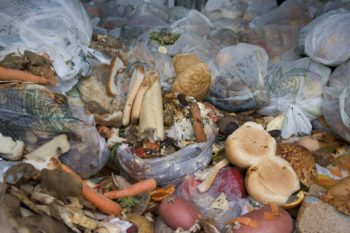
She claimed contamination across the industry was “somewhere between 1% and 20%” depending on the site and the materials they took in.
One of REA’s members reported that it cost them about £156 a tonne to remove and dispose of contamination, Ms Grant said.
She pointed to Italy, which she said had already “done a lot of work” looking at compostables and used them in lots of food-related applications.
Italy collects about 6 million tonnes of food waste a year with an average contamination rate of about 3%, Ms Grant said.
However, she noted it still cost them between €90 and 100 million a year to remove and dispose of that contamination.
Reforms
Ms Grant also told the committee that the organics sector “welcomed” the government’s reforms under the Resources and Waste Strategy, particularly for increasing the collection of food waste.
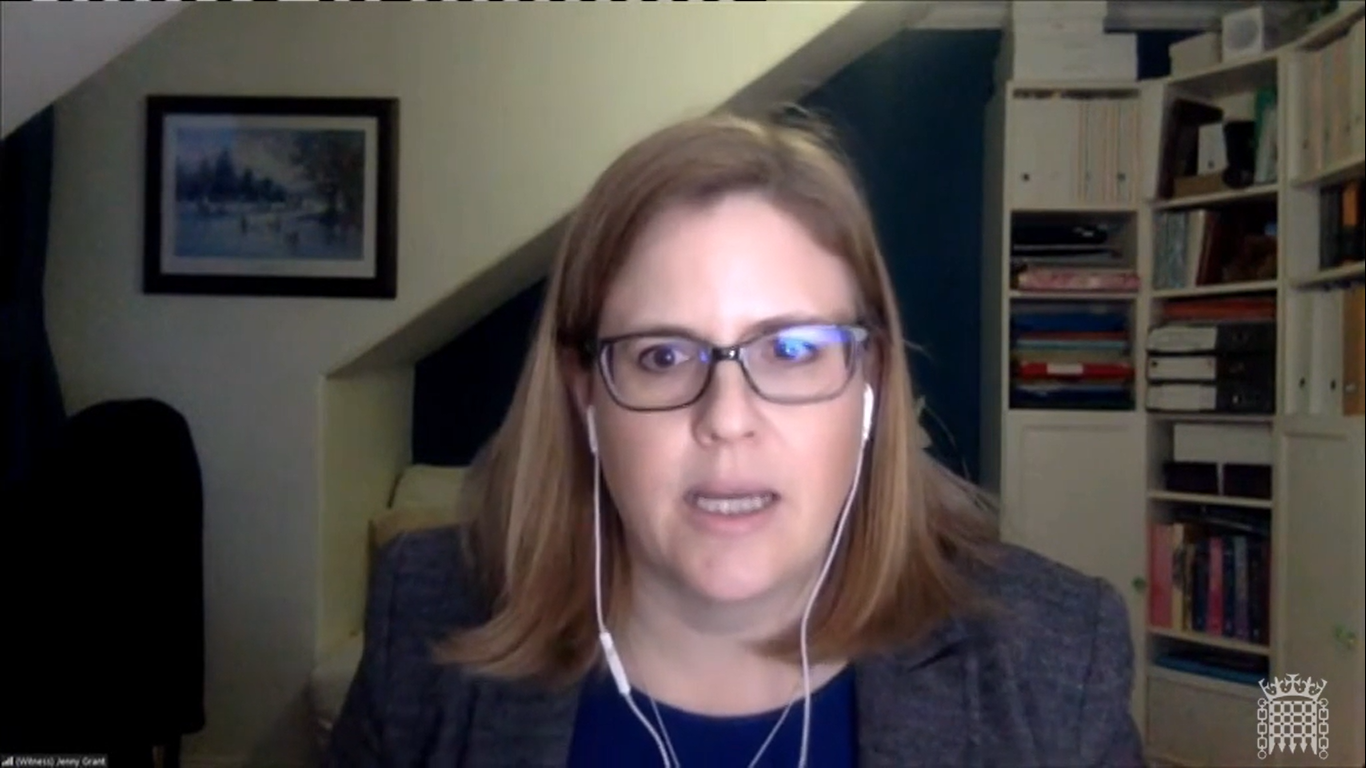
However, she added that changes were still needed to “reach the potential” of compostable plastics, such as by including compostable packaging under extended producer responsibility (EPR).
Ms Grant said: “The full range of compostable packaging materials should be properly recognised under EPR so that the financial contributions that are made by those compostable packaging companies can be directed towards the collection and treatment of those materials.
“We want to make sure that if it’s compostable it’s composted. If they were properly included in the EPR system that would go a long way to helping that.”
Tax
Ms Grant also claimed compostable plastics were “treated a bit unfairly” under the forthcoming Plastic Packaging Tax when compared with conventional plastic components, because they do not contain 30% recycled content.
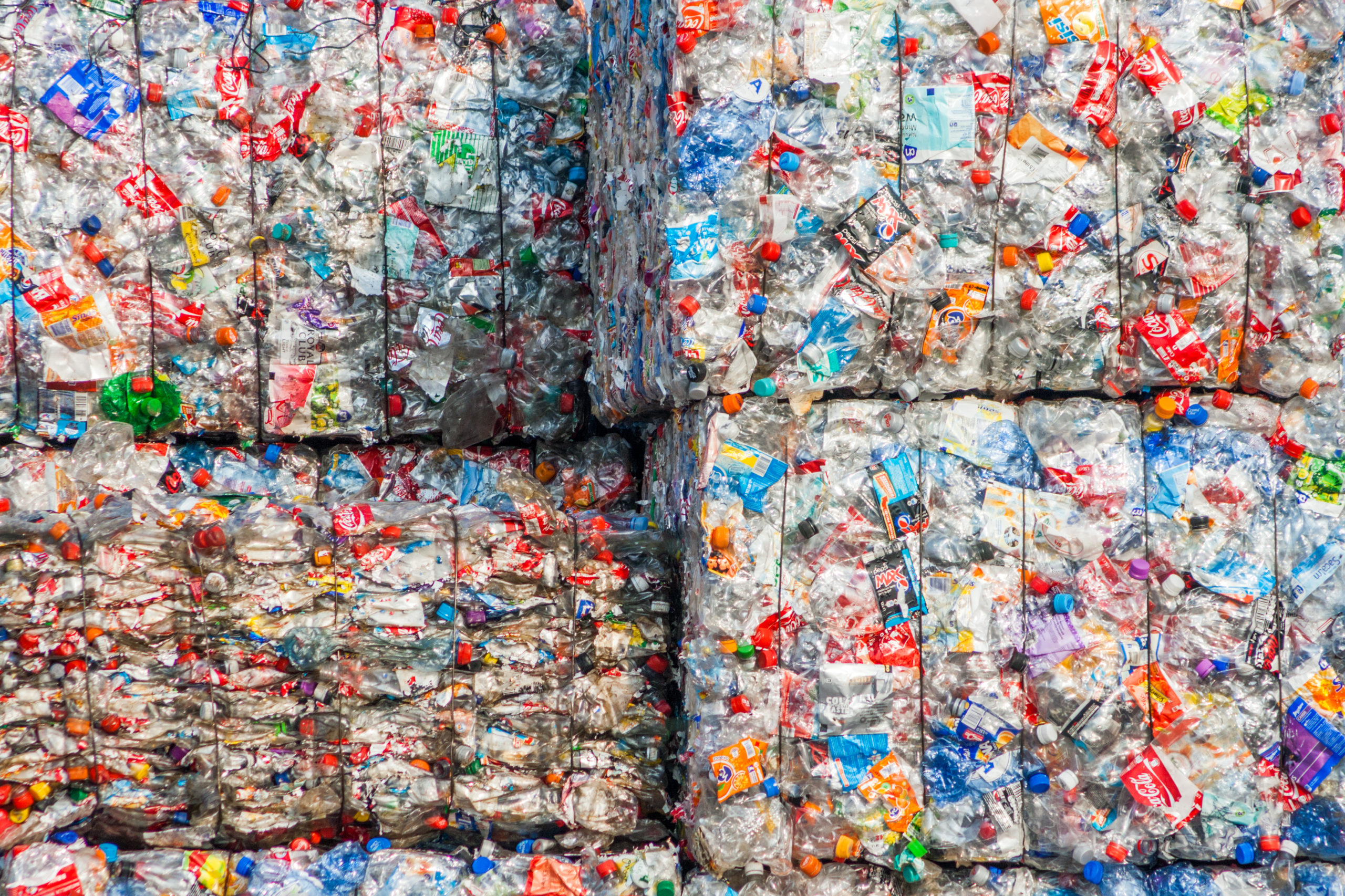
To take effect from 1 April, the tax will apply to plastic packaging manufactured in or imported into the UK where the plastic used in its manufacture is less than 30% recycled.
The tax will be set at £200 per metric tonne of plastic packaging.
Ms Grant said: “Compostable plastic components, if they’ve got 30% or more bio-based content, should not be taxed under that Plastic Packaging Tax, which would also allow them to be more competitive.
She added: “The more demand there is for these products, the supply will go up and the costs will come down.”
National Food Waste Conference
The National Food Waste Conference will bring together key sectors – be it food waste processors, food waste producers, waste management companies, local authorities or charities – to discuss the opportunities and challenges that food waste presents.
With ample time to network and to raise issues with speakers during the day, this is a not-to-miss event for anyone wanting to be part of the food waste solution.
Tickets available in February 2022, so save the date in your diary, or reach out for sponsorship opportunities (now available). Visit here for more details.




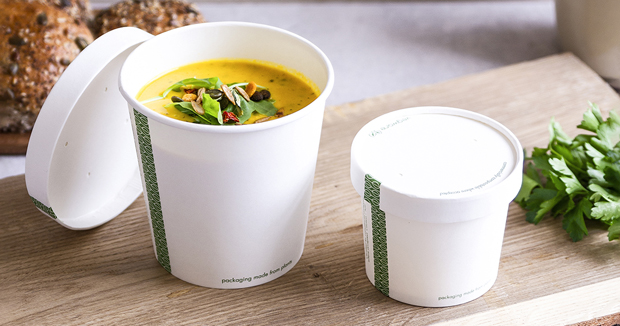

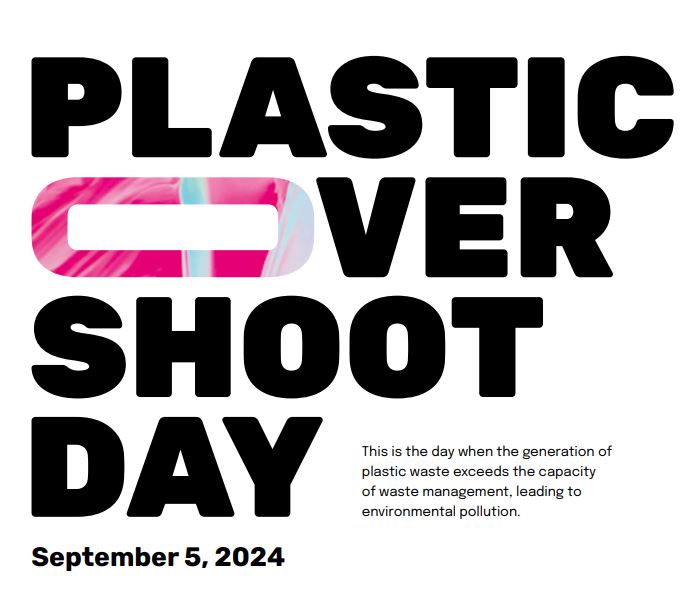

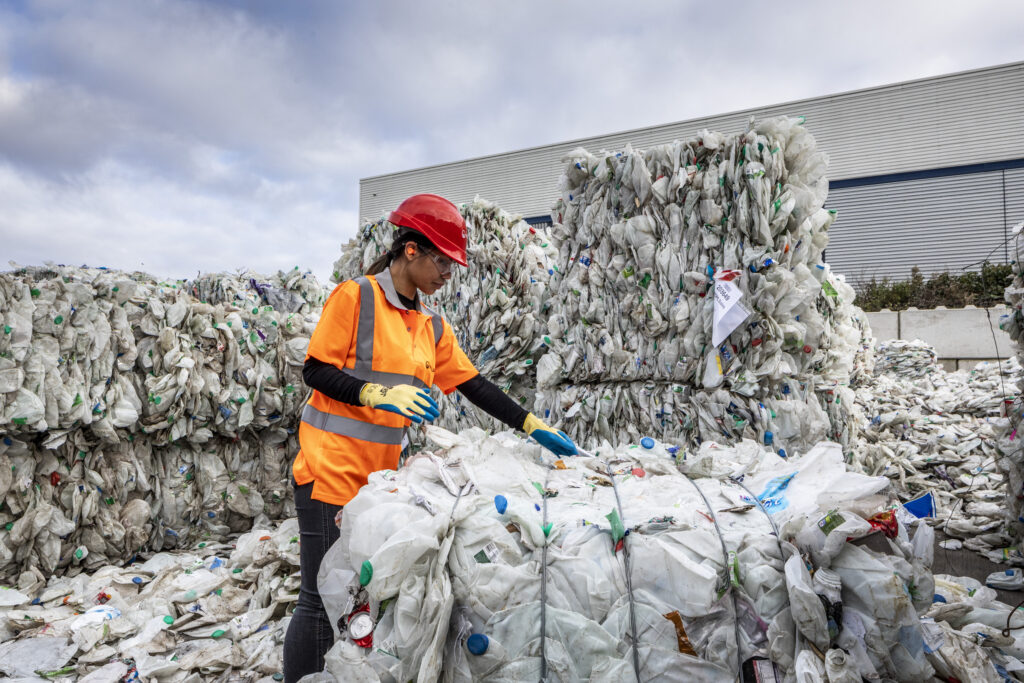


Subscribe for free